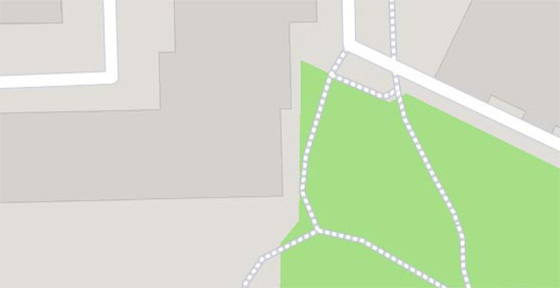The Citadel of David, also known as the Jerusalem Citadel or Tower of David is located in the Old City of Jerusalem and is a Turkish fortress from the 16th century. The tower was built on the site of an ancient ancient fortification from around 37 BC. The construction was commissioned by the tenth sultan of the Ottoman Empire, Suleiman the Magnificent, in 1532.
Before the citadel there were three towers, whose main task was to protect the palace of Herod the Great. In 135, the towers were demolished by Emperor Hadrian, who conquered Jerusalem. The name of the building came from the images of medieval pilgrims who saw fragments of the palace of King David in the ruins of the towers. In fact, this place was unpopulated in his day.
In 1930, a museum dedicated to Palestinian folklore was established within the citadel. The gallery was destroyed by the Jordanian army, which in 1948, transformed the fortress into a defensive point. The gallery was opened to the public again in 1988, displaying such artifacts as maps, drawings, holograms and models. The entire collection shows nearly 4,000 years of Jerusalem's history.
Attractions inside




